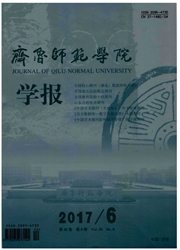

 中文摘要:
中文摘要:
文章基于2003至2012年度的省际面板数据描述了我国大陆地区31个省、市、自治区的工业污染现状,并实证分析工业污染与经济、人口等宏观数据的数理关系。研究结果显示经济增长对于减少工业污染具有明显的积极作用,而工业产值比重、最终消费都对工业污染物排放有着明显的促进作用。值得注意的是,人口规模的低增长率使得人口总量已不再是环境恶化的主因,人口数量的适度增长有利于抑制我国的工业污染,而人口的结构性因素对于工业污染的影响力度最大,且这种影响具有倒U型的特征。
 英文摘要:
英文摘要:
Based on the provincial panel data from 2003 to 2012, the author made an empirical analysis of the relation between the demographics and industrial waste. According to the results, the economic growth and population size increase will induce an improvement in environmental quality. And there is negative correlation between industrial output in GDP, final consumption and industrial waste. Especially, the results show that there exists non-linear relationship among the urbanization rate, Ageing and pollution. With urbanizing and population ageing, the industrial pollution follows an inverted U-shaped.
 同期刊论文项目
同期刊论文项目
 同项目期刊论文
同项目期刊论文
 期刊信息
期刊信息
